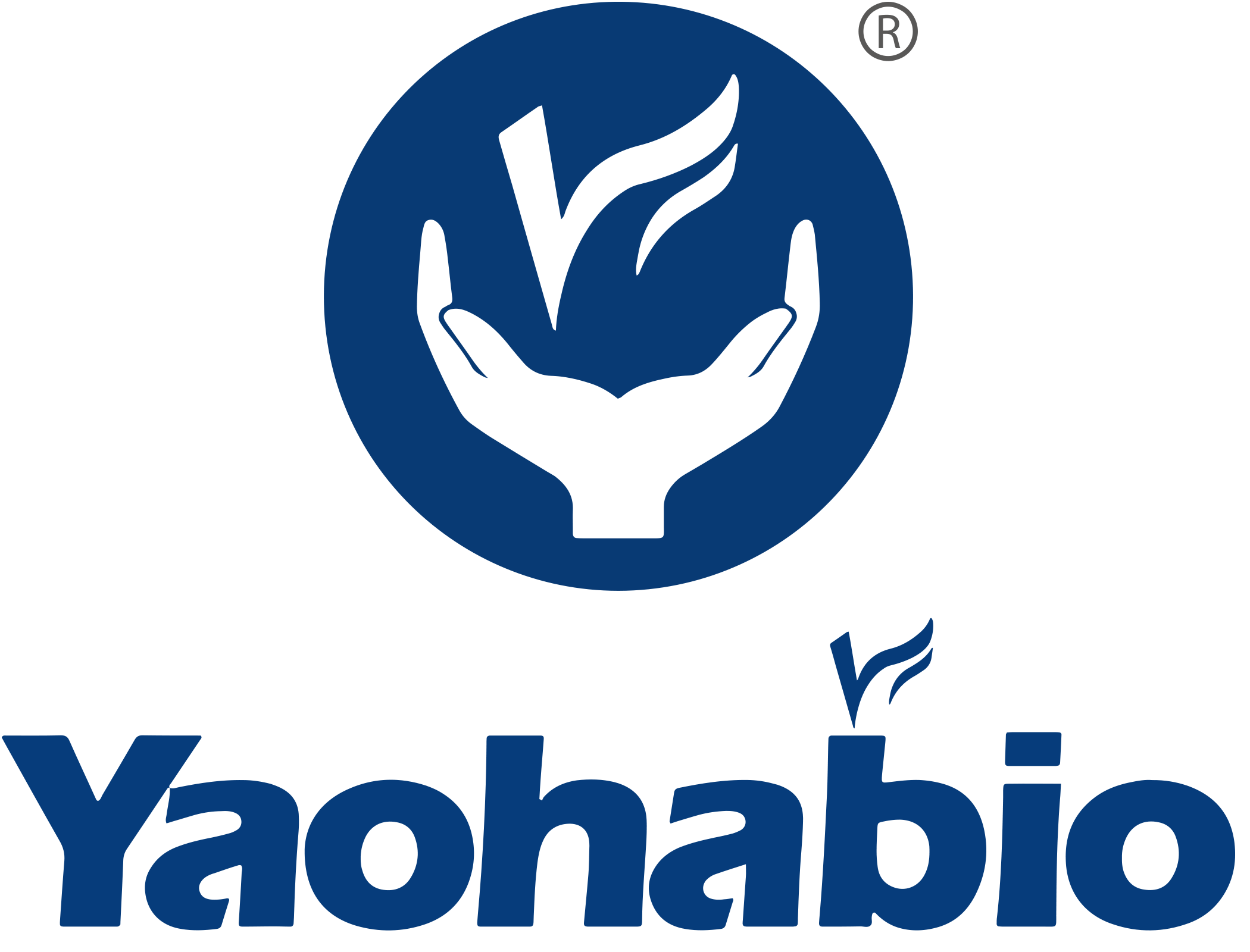Production and Purification of Interferon
In modern medicine, biopharmaceuticals have brought significant breakthroughs in treating diseases. Interferon (IFN) is a key autocrine and paracrine protein that exhibits broad therapeutic efficacy against various conditions.
IFN has a tremendous impact on the global therapeutic protein market. The interferon market experienced substantial growth, reaching $6.9 billion in 2019, and it is projected to continue growing in the future due to factors such as the rising incidence of chronic diseases.
Classification and Mechanism of Interferon
Interferon is classified into types α, β, γ, among others, as well as Types I-III, which bind to specific receptors to trigger different signaling pathways and immune responses. IFN is clinically used for immune responses against infections and the treatment of autoimmune diseases, cancer, etc., by regulating gene expression and influencing cell metabolism and differentiation.
Production of Therapeutic Cloned Interferon
Upstream Process
Escherichia coli (E. coli) is often the preferred choice due to its rapid growth and cost-effectiveness, expressing interferon through periplasmic secretion, cytoplasmic soluble expression, or as inclusion bodies. Pichia pastoris can achieve high-cell-density expression, relying on the AOX promoter, with co-expression of molecular chaperones and codon optimization enhancing translation efficiency.
Downstream Process
Downstream processing involves extracting the target protein from cells or culture supernatants and purifying it. In E. coli, interferon can be obtained via the periplasmic or cytoplasmic pathway or as inclusion bodies. Chromatographic methods include affinity chromatography, ion-exchange chromatography, size-exclusion chromatography, etc. To overcome the challenges of traditional chromatography, alternative methods such as aqueous two-phase systems, reverse micellar extraction, and immunomagnetic microspheres have been investigated.
Formulation and Delivery of Interferon
Interferon is primarily administered through subcutaneous injection. To improve pharmacokinetics, stabilizers/excipients, pegylation, and encapsulation in drug delivery systems such as liposomes and nanoparticles are used. Novel delivery systems aim to reduce invasiveness and improve patient compliance, but further research is needed on their pharmacokinetics and therapeutic effects.
Conclusion
IFN, vital in human cell defense, fights viruses, cancer, and neurodegenerative diseases. Since 1986, 22 formulations have been approved. Traditional chromatography, widely used in downstream processing, faces challenges, needing alternative methods. Future biosimilars will offer new interferon therapy opportunities, requiring efficacy-enhancing strategies.
Yaohai Bio-Pharma specializes in providing one-stop outsourcing services for the fermentation, purification, formulation development, and production of a series of interferons using Escherichia coli and yeast expression systems. We can guarantee to meet our clients' customized interferon requirements in the fast delivery time.
Yaohai Bio-Pharma is also actively seeking institutional or individual global partners and offers the most competitive compensation in the industry. If you have any questions, please feel free to contact us: [email protected]
For more details about Yaohai Bio-Pharma, please kindly refer to the website: www.yaohaibio-pharma.com
Hot News
-
Yaohai Bio-Pharma Passed EU QP Audit and Attains ISO Triple Certification
2024-05-08
-
BiotechGate, Online
2024-05-13
-
2024 WORLD VACCINE CONGRESS Washington
2024-04-01
-
CPHI North America 2024
2024-05-07
-
BIO International Convention 2024
2024-06-03
-
FCE COSMETIQUE
2024-06-04
-
CPHI Milan 2024
2024-10-08

 EN
EN
 AR
AR
 HR
HR
 CS
CS
 DA
DA
 NL
NL
 FI
FI
 FR
FR
 DE
DE
 EL
EL
 IT
IT
 JA
JA
 KO
KO
 NO
NO
 PL
PL
 PT
PT
 RO
RO
 RU
RU
 ES
ES
 SV
SV
 IW
IW
 ID
ID
 LV
LV
 LT
LT
 SR
SR
 SK
SK
 SL
SL
 UK
UK
 VI
VI
 ET
ET
 HU
HU
 TH
TH
 TR
TR
 FA
FA
 AF
AF
 MS
MS
 BE
BE
 MK
MK
 UR
UR
 BN
BN

